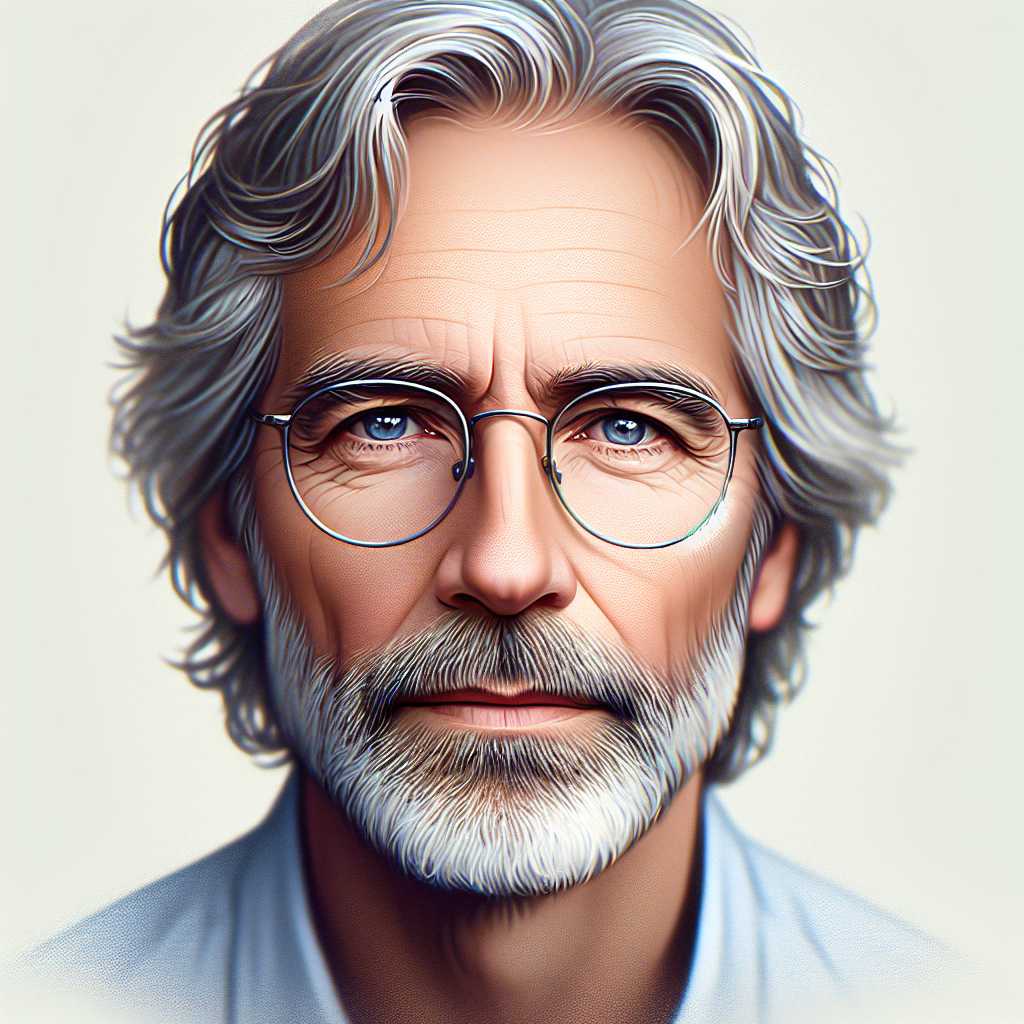Understanding the Julian Assange Saga: An In-Depth Overview
Julian Assange is a figure who has profoundly impacted geopolitics, media, and the public’s perception of government transparency. His embroilment with legal systems across multiple countries has made international headlines for over a decade. This comprehensive article aims to elucidate the complexities of Julian Assange’s situation, beginning with his early work leading up to the creation of WikiLeaks, following through to his current legal battles, and discussing the implications of his work and personal predicaments.
Early Life of Julian Assange and the Creation of WikiLeaks
Julian Assange is an Australian computer programmer, journalist, and founder of WikiLeaks, a non-profit organization that publishes classified media provided by anonymous sources. Born on July 3, 1971, in Townsville, Queensland, Assange showed an early proficiency in computing and hacking, even facing legal trouble for his cyber activities as a teenager.
Assange became widely known after establishing WikiLeaks in 2006. WikiLeaks came into international focus in 2010 when it published a series of leaks provided by U.S. Army intelligence analyst Chelsea Manning. These leaks included the Collateral Murder video, which showed U.S. soldiers fatally shooting 18 people from a helicopter in Iraq, the Afghanistan war logs, the Iraq war logs, and U.S. State Department diplomatic cables.
Legal Challenges and Embassy Asylum
Julian Assange’s legal issues began escalating after the Manning leaks. In November 2010, Sweden issued an international arrest warrant for him on allegations of sexual assault and rape. Assange denied these allegations and suggested they were a pretext for him to be extradited from Sweden to the United States to face charges over the WikiLeaks publications.
In June 2012, facing extradition to Sweden from the United Kingdom, Assange sought asylum in the Embassy of Ecuador in London. He cited fears that he would ultimately face extradition to the U.S., where he could potentially face severe charges for his role in releasing classified documents. Ecuador granted him asylum on grounds of political persecution and potential human rights violations if extradited.
Years of Embassy Confinement
Assange spent almost seven years confined within the Ecuadorian Embassy before his asylum was withdrawn by the new Ecuadorian government under President Lenin Moreno. During this time, he was granted Ecuadorian citizenship. Living within the small confines of the embassy took a toll on Assange’s health, physically and mentally. Throughout these years, Assange continued contributing to WikiLeaks and advocating for transparency, across halting internet connections and sometimes intense surveillance.
Arrest and Extradition Battles
On April 11, 2019, Metropolitan Police arrested Julian Assange at the Ecuadorian Embassy on a warrant for failing to surrender to the court back in 2012. Shortly after, he was found guilty of breaching bail conditions in a UK court. The Swedish sexual assault investigation had been dropped by then but revived only to be discontinued once again in November 2019 due to weak evidence.
The main focus, thus far, remains on preventing his extradition to the United States where he faces an 18-count indictment including charges under the Espionage Act—a Testament to his controversial role in disclosing restricted documents that revealed information on US military operations and diplomatic communications.
Controversies and Debates Surrounding Assange’s Work
The debates around Julian Assange’s impact are complex and multifaceted. Critics argue that the unfiltered release of classified materials can jeopardize intelligence operations and put lives at risk. Some also critique his approach for lacking journalistic ethics in not redacting sensitive information when necessary.
Supporters highlight that WikiLeaks has played a critical role in promoting government transparency and public oversight over government activities and has acted as an essential tool for journalists worldwide. Moreover, many view Assange as a key figure for press freedoms and advocate against any measures suggesting journalistic endeavors as treason or espionage.
Notes
Image description: A portraiture image depicts Julian Assange with medium-length grey-white hair and a thoughtful expression. He seems calm but weary as if reflecting upon complex matters behind subtle blue-grey eyes framed with rounded spectacles.
